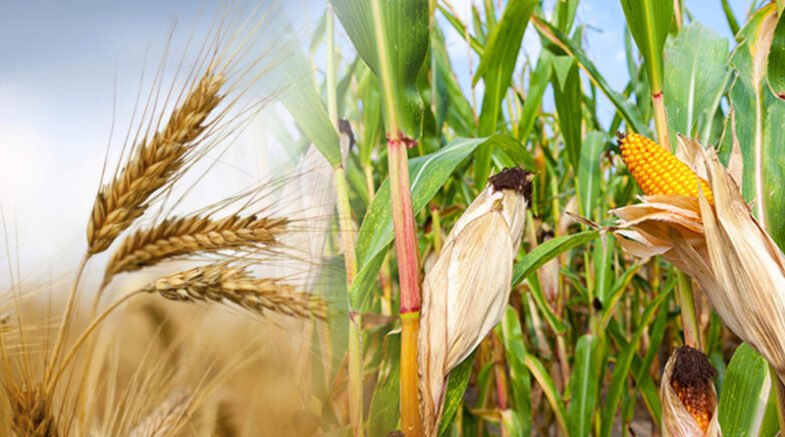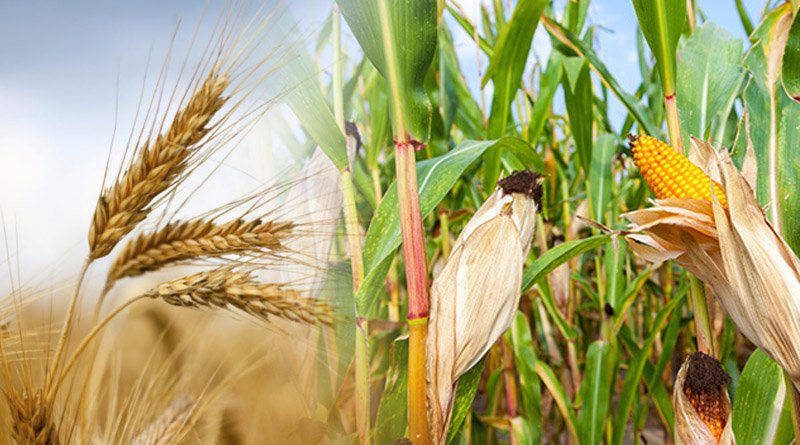By investing in modern farming techniques and promoting healthy eating habits, Pakistan can ensure food security for its people and boost its economy in the long run.

Wheat is our basic need and the main food crop of our country. Wheat is grown in almost all parts of Pakistan with Punjab being the major wheat-producing province. However the country faces challenges in meeting the growing demand for wheat flour due to a lack of modern farming techniques, limited irrigation and low productivity.
Malnutrition is a serious global health problem affecting millions of people, especially in developing countries. One of the main causes of malnutrition is the lack of access to nutritious food, which can result in a wide range of health problems, including stunted growth, weakened immune system and cognitive impairments.
Domestic wheat production is unable to meet food requirements due to another reason that is increasing population pressure. For this reason, 10 to 20 percent of wheat has to be imported every year. To see the current situation, we should need to reduce our dependence on wheat and use other commodities as alternatives. In this regard maize is at top position due to its nutritive values and low costs of production.
Maize is a great grain that contains complex starch therefore it provides energy for a long period of time and therefore it is very useful for diabetic patients. Corn is rich in vitamin 12-B and iron and also helps the body to prevent anemia which not only keeps your body healthy and hydrated but also keeps your face fresh and youthful.
Maize contains a lot of dietary fiber so it is useful in reducing cholesterol levels and plays an important role in improving digestion. Maize has a better vitamin A ratio than wheat which is an essential nutritional component for maintaining good eyesight. Maize has gluten-free grains so it is an alternative to wheat for those who cannot digest it for medical reasons.
The bread prepared by adding up to 20% corn flour to wheat flour is soft, crispy and full of nutrition. A mix of wheat and corn flour mixed with egg can be made into a very tasty and crunchy paratha which can be useful in the nutritional development of growing children and more so as a school lunch in solving the major problem of malnutrition in Pakistan. A variety of food items such as biscuits, cakes, double bread, juice, pasta, etc. can be made from corn and wheat mix flour.
Studies have shown that this flour mixture is highly effective in improving the nutritional status of malnourished children. For example, a study conducted in Ghana found that the consumption of a wheat and corn flour mixture for 12 weeks resulted in significant improvements in the children’s growth and nutritional status.
If the government implements this mixture at the national level, our private institutions and companies will also use corn in their food products on a large scale.
Apart from nutritional benefits, the wheat and maize mix will also reduce the burden of wheat import on the country and the nation by which we can save Pakistan’s foreign exchange. The need for this process is to bring this useful method to every home so that people can be aware of it.
Wheat and corn flour are two of the most important staples in the Pakistani diet, and they play a vital role in the country’s food security. To address these challenges, the Pakistani government should invest in modern farming techniques and irrigation systems.
This will not only help meet the growing demand for wheat and corn flour but also boost the country’s economy by increasing agricultural productivity. Furthermore, promoting healthy eating habits among the population can help reduce the burden of non-communicable diseases such as obesity, diabetes and heart disease.
Wheat and corn flour are vital for the people of Pakistan and their importance cannot be overstated. By investing in modern farming techniques and promoting healthy eating habits, Pakistan can ensure food security for its people and boost its economy in the long run.
(Wheat Campaign) was made a part of which informed people about the use of wheat and corn mix flour by going door to door, in which thousands of students from University of Agriculture Faisalabad participated. The current efforts are also a link in the same chain.
